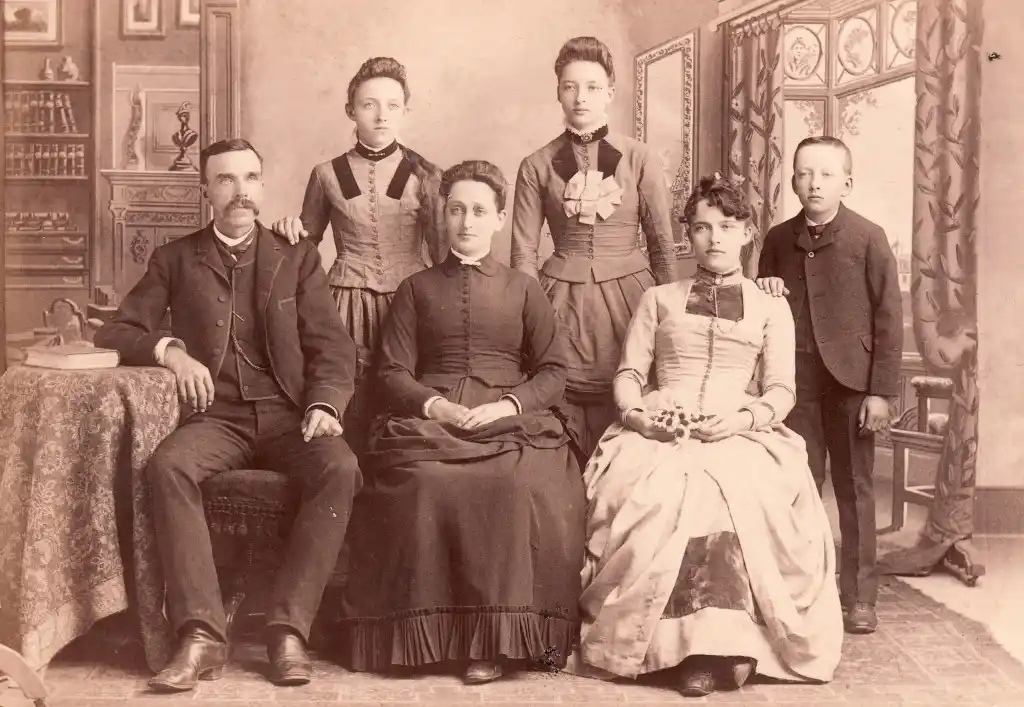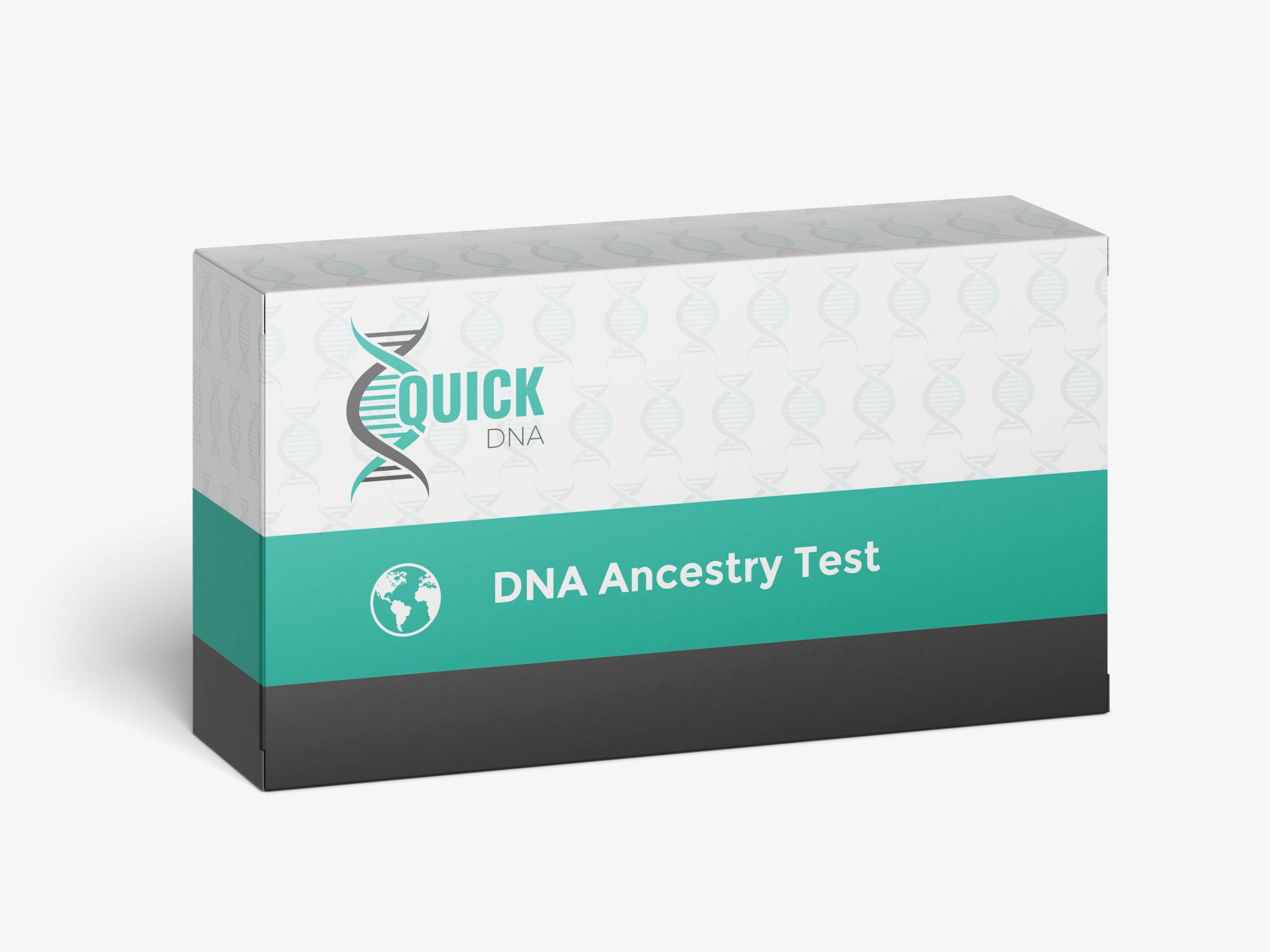In recent years, the field of DNA testing has revolutionized the way we understand our ancestry and heritage.
DNA ancestry tests have gained popularity as individuals seek to uncover the secrets of their genetic makeup, tracing their roots back through generations.
These tests offer a remarkable window into our past, providing insights into our ancestral origins and connections. In this article, we explore the top five benefits of getting a DNA ancestry test.

1. Discovering Ancestral Origins:
One of the primary motivations for taking a DNA ancestry test is the desire to uncover one’s geographical origins. These tests can pinpoint the regions and countries where your ancestors lived, providing a detailed breakdown of your genetic heritage.
Whether it’s confirming family stories or debunking long-held myths, discovering your ancestral origins can be a deeply personal and enlightening experience. It can foster a sense of connection to distant lands and cultures, giving you a richer understanding of your family’s history.
2. Connecting with Distant Relatives:
The interconnectedness of the human family tree becomes evident through DNA testing. These tests can reveal genetic matches with distant relatives who have also taken the same test.
By connecting with relatives you never knew existed, you can piece together missing branches of your family tree and gain insights into your extended family’s history. This newfound network can provide a sense of belonging and shared heritage, offering a chance to bond with others who share your genetic makeup.

3. Exploring Genetic Traits:
Beyond ancestral origins, DNA ancestry tests can shed light on specific genetic traits you might carry. From eye color and hair texture to predispositions for certain medical conditions, these tests offer glimpses into the unique aspects of your genetic code.
Understanding your genetic predispositions can empower you to make informed health decisions and take proactive steps toward a healthier lifestyle. However, it’s important to remember that these tests are not diagnostic and should always be interpreted in consultation with a medical professional.

4. Preserving Cultural Heritage:
Many individuals feel a strong connection to their cultural heritage, even if it’s been generations since their ancestors lived in a particular region. DNA ancestry tests can validate and strengthen these connections, enabling you to explore the traditions, languages, and customs of your ancestors.
This exploration can foster a greater appreciation for cultural diversity and heritage preservation, encouraging you to share these insights with future generations.
5. Understanding Human Migration:
The story of human migration is etched into our DNA. Over millennia, our ancestors migrated across continents, leaving genetic footprints that can be deciphered through DNA testing.
These tests can reveal migration patterns and historical movements of populations, offering a broader perspective on how your family’s journey fits into the larger tapestry of human history. Understanding these migrations can provide a sense of context and shared history that transcends individual family narratives.

In conclusion, DNA ancestry tests offer an array of benefits that extend beyond mere curiosity about our genetic makeup. They provide a unique opportunity to uncover ancestral origins, connect with distant relatives, explore genetic traits, preserve cultural heritage, and gain insights into human migration patterns.
However, it’s essential to approach these tests with a clear understanding of their limitations and to interpret the results with respect to the complexity of human genetics. Ultimately, DNA ancestry tests offer a window into the past that can enrich our present understanding of who we are and where we come from.
Sources
Charles Bivona Jr., aka Coach JP Money, is a business strategist, financial coach, and founder of CoachJPmoney.com. A lifelong entrepreneur, he launched his first real estate deal at 17 and went debt-free by 1998. Since then, he has built national media brands, advised small businesses, and helped clients grow online using smart strategy, digital tools, and creative grit.
An expat living in Baja, Mexico, Charles also writes and produces music as Johnny Punish and lives off-grid at Hacienda Eco-Domes, a sustainable retreat he built with his wife. Through providing small business services, coaching, writing, and podcasting, he’s on a mission to help others win their future—on their terms.
Read his full bio at PunishStudios.com >>>
Post Views: 69